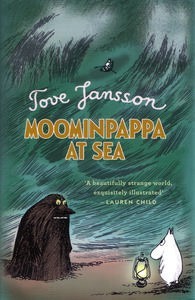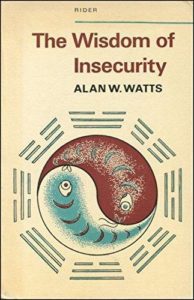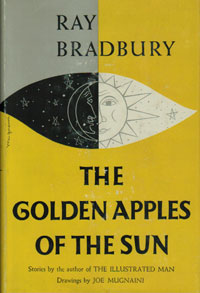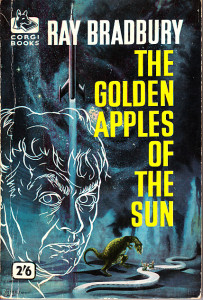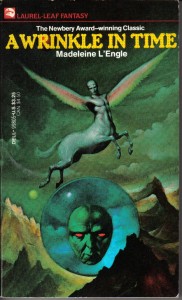5 Books I Will Never Throw Out
Saturday, August 3rd, 2019There is only one time that is important – Now! It is the most important time because it is the only time when we have any power.
Moominpappa at Sea by Tove Jansson
Moominpappa had no idea what to do with himself, because it seemed everything there was to be done had already been done.
The Wisdom of Insecurity by Alan Watts
If the universe is meaningless, so is the statement that it is so.
Right Ho, Jeeves by P.G. Wodehouse
I wouldn’t have said off-hand that I had a subconscious mind, but I suppose I must without knowing it, and no doubt it was there, sweating away diligently at the old stand, all the while the corporeal Wooster was getting his eight hours.
The Golden Apples of the Sun by Ray Bradbury
And pluck till time and times are done
The silver apples of the moon,
The golden apples of the sun.
